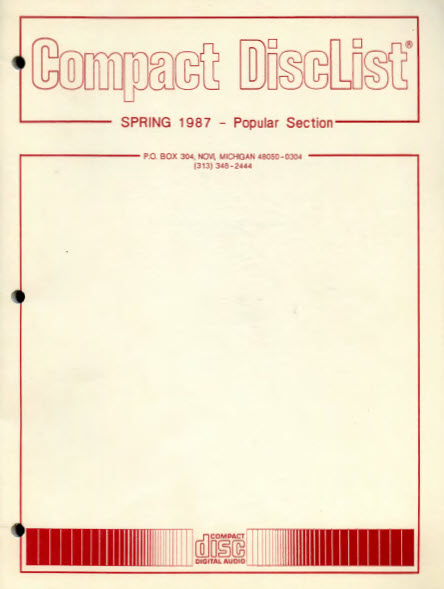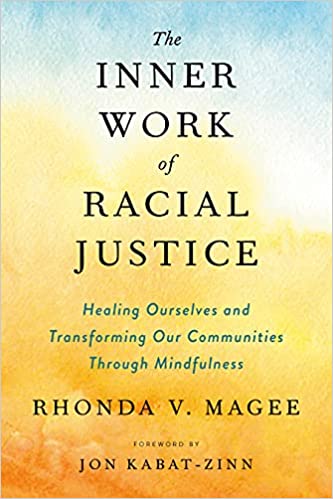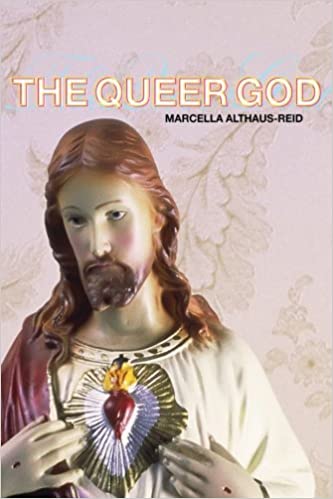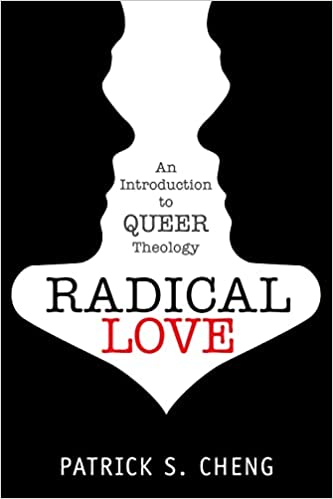The Compact DiscList™ [now owned by Connert Media, LLC; aka Infomedia, Inc.] was originally published during the early 1980s when music CDs became very popular. It was one of the first companies to index new releases and provide catalogues to various music stores and distributors. Once the Internet became the source of this data, the company ceased publication of the Compact DiscList™.
The first sample was created “in-house” by a great staff who collated and GBC punched thousands of these directories. Once these directories because so popular, they were split into three separate catalogs (Popular, Classical, and Imports) and professionally printed by Edwards Brothers in Ann Arbor, Michigan.
Here is some samples.


References:
The following links were provided by Mike Brown, who is helping to make sure the archived data is available to various music enthusiasts.



